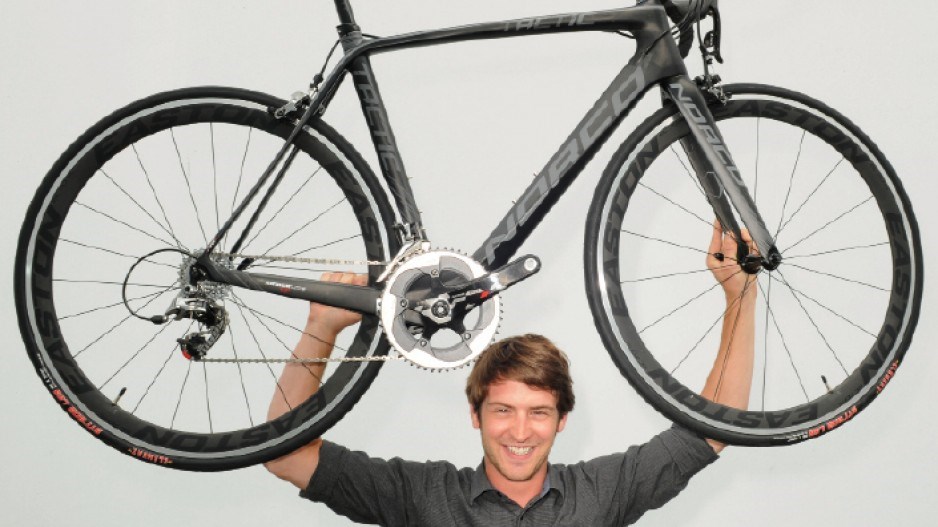Despite Vancouver being considered ideal for bike enthusiasts, and despite cycling being on the rise, the region’s bike manufacturing industry has been hit hard of late.
But one Port Coquitlam manufacturer has managed to endure, and even flourish, in spite of the industry’s stalled growth.
Norco Products Ltd. has operated in the area since 1963. The company began as an importer but grew into bicycle manufacturing and now has sales in 18 countries around the world.
Its success sits in stark contrast with the fates of several other local bike makers. A number of smaller players have been acquired by U.S.-based firms, and some have had to leave the area altogether.
Mountain bike component manufacturer Syncros, for example, had operated on Vancouver’s North Shore since 1986 until it was bought earlier this year by Idaho-founded Scott Sports.
Spot Brand Bicycles was started in Vancouver in the mid-1980s but is now based out of Golden, Colorado.
And New Westminster’s Race Face Performance Products has survived in the area for over 20 years, but hit a rough patch in 2011 when the company slipped into receivership for a few months. Norco, on the other hand, has thrived despite the economic downturn.
Dustan Sept, Norco’s PR marketing co-ordinator, said that much of Norco’s strength lies in its long-standing history in Canada, its well-established image and its reputation, which helped the company succeed where others have failed.
“The strength of the brand, the quality of the product and the recognition have really helped.”
Sept added that the company’s strong image domestically has helped it grow around the world, especially in Germany and the U.K. Norco has also benefited from its geographical diversification.
“In a big downturn in North America, we’re still able to look outside in our other markets and see growth in those areas.”
Another factor in Norco’s success, according to Sept, is that the company’s business is split evenly between bicycle sales and parts and accessories distribution.
So when money is tight and people repair their bikes rather than buy new ones, Norco’s parts and accessories distribution side offsets any drop in bike sales.
“When there’s a lull in bike sales, there are a lot more people out there that are repairing their bikes,” he said. “When one goes up, the other one can go down.”
But Norco is not immune to the effects of economic downturns.
“In 2009, the whole market saw a very large dip, and there was some inventory carry-over, but as of this year that dip has fully rebounded.”
Norco, which recently released its 2013 line of bicycles, is now focusing on promotions such as its partnership with the Ride to Conquer Cancer and the sponsorship of a bike race team, Team H&R Block.
Remaining flexible and responding to rapidly changing market demands will play a key role in the company’s future success.
Said Sept, “For us, the biggest areas for growth are urban and road, which are not typically our strong markets.”




